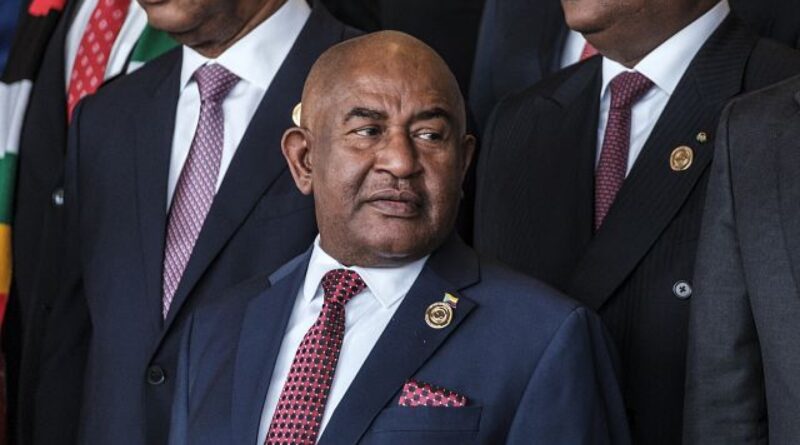Comoros, France spar over Mayotte expulsions
The Comoros government asked France on Monday to abandon a planned operation of evictions, destruction of illegal housing and arrests in Mayotte, a French department in the Indian Ocean facing a galloping crime rate, against the backdrop of a migration crisis.
The operation, named “Wuambushu” (“takeover”, in Moroccan) and conceived by Interior and Overseas Minister Gérald Darmanin, was validated in February by French President Emmanuel Macron, according to a source close to the case.
It is expected to begin on April 20, the end of Ramadan. The migrants living in the targeted slums are all or almost all from the Comoros.
“The Comorian government has learned with astonishment the news of the continuation of the French government’s project (…) to proceed, in the Comorian island of Mayotte, to the destruction of shanty towns, followed by the expulsion of all their undocumented occupants, to the island of Anjouan,” said a statement from the Comorian presidency published Monday.
The Comorian authorities ask the French authorities “to give up”.
“We are against this operation. We have initiated discussions with our partner France, which is a partner. We think that dialogue could be a better response than actions like this. Until then, we don’t know, but I hope it will be stopped so that we can discuss and see the ways and means for peace and security to reign in our country and in the region,” said Azali Assoumani, the President of Comoros.
On April 5, Comorian civil society organizations held a press conference to warn of a “coming massacre.
“We intend to seize international organizations to inform them of the massacre that France wants to perpetrate on the Comorian island of Mayotte,” reacted Youssouf Attick Ismael, president of the Maore Committee (Maore means Mayotte in the national language).
Intense diplomatic negotiations have taken place in recent weeks between Moroni and the French authorities on this subject.
In Mayotte, voices have been raised to express the fears raised by such an operation. The island’s health personnel have thus recalled, in a press release, “the dramatic consequences” of previous large-scale interventions in the fight against immigration.
The president of the National Consultative Commission on Human Rights, Jean-Marie Burguburu, wrote to Mr. Darmanin to urge him to “renounce” this project, considering the risk of “aggravating social fractures and tensions in an already very fragile context (…) and the infringement of the fundamental rights of foreigners in the context of massive expulsions”.

